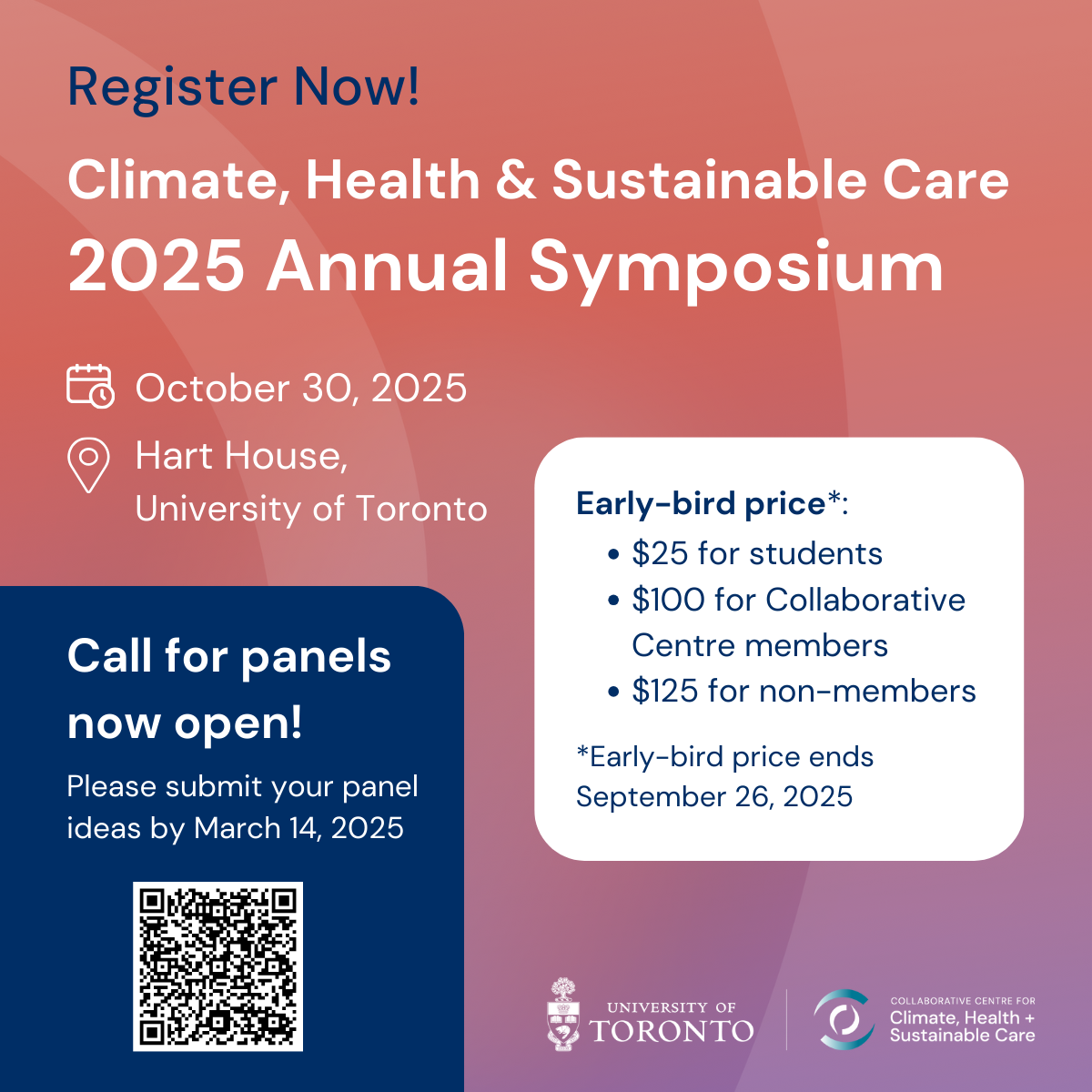IHPME economists will discuss how to combine economic and epidemiological modelling to support policymakers with COVID-19 decision-making.
About this Event
One of the primary responses to the COVID-19 pandemic was to shut down large parts of the economy. While shutting down the economy was not a primary goal, it was an unavoidable consequence of policies aimed at reducing contact among individuals to protect population health. When shut down policies were introduced, there were references to the economy being put on pause, to its bouncing back once the crisis had passed, along with a general sense that so long as the Bank of Canada could go on printing money, no real damage would be done.
This line of thinking proved to be incorrect. Too many people think of the economy in money terms. They think of the money value of Gross Domestic Product (GDP) rather than recognizing that GDP is a measure of the total amount of real income that is generated in a given year.
There are models, for example, which propose that the best way to bring COVID-19’s reproduction number or R-value (the average number of people who will contract the disease from one person) below one, is for half of the workforce to go into isolation each week, on an alternating basis. This implies that the economy would be working, long-term, at half speed, meaning that the national income generated in a year would be cut in half. Even if that seemed reasonable in broad terms, it must be recognized that any such policy would inevitably hit the most vulnerable and disadvantaged the hardest.
While epidemiological models abound — and are multiplying at a rapid clip — there’s been remarkably little formal modelling of the interaction among the epidemic, the economy, and the various policies which have been introduced.
In this webinar, two Institute of Health Policy, Management and Evaluation (IHPME) economists and two alumni will discuss how to combine economic and epidemiological modelling in an integrated way to give policymakers some guidance.
It will also provide economic insights into how Canada should come out of COVID-19 shut down, and what to do when the next pandemic hits.
Moderators
Meghan McMahon – Associate Director with the Canadian Institutes of Health Research’s Institute of Health Services and Policy Research
Adrian Rohit Dass – PhD student at the Institute of Health Policy, Management and Evaluation
Panellists
Brian Ferguson – Professor of Economics at the University of Guelph with a status appointment at IHPME
Audrey Laporte – Professor and Director in the Institute of Health Policy, Management and Evaluation. She is Director of the Canadian Centre for Health Economics, and President-Elect of the International Health Economics Association
Let’s start the conversation. Share your thoughts and questions with the hashtag #COVID19DLSPH
Related Events

Sign up for IHPME Connect.
Keep up to date with IHPME’s News & Research, Events & Program, Recognition, e-newsletter.
Subscribe to Connect Newsletter
Get in Contact
Communications
Marielle Boutin
Email Address: ihpme.communications@utoronto.ca

